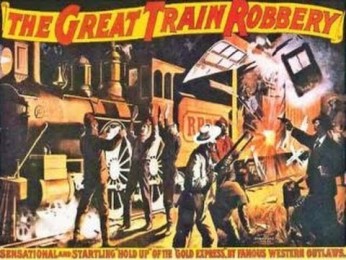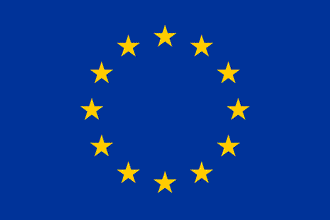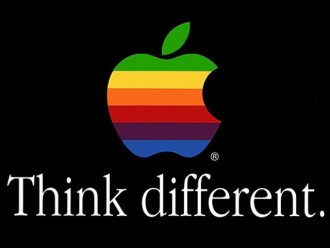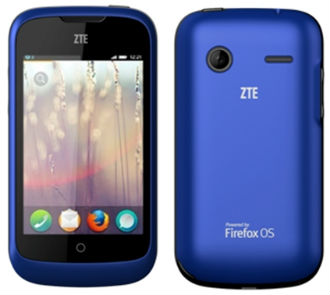 The head of the Apple Cargo Cult, Tim Cook has said that he will do something that Steve Jobs never did – give away his fortune.
The head of the Apple Cargo Cult, Tim Cook has said that he will do something that Steve Jobs never did – give away his fortune.
Fortune magazine cited the head of the world’s largest technology corporation as saying he planned to donate his estimated $785 million fortune to charity – after paying for his 10-year-old nephew’s college education.
“You want to be the pebble in the pond that creates the ripples for change,” Cook told the magazine.
Fortune estimated Cook’s net worth, based on his holdings of Apple stock, at about $120 million. He also holds restricted stock worth $665 million if it were to be fully vested.
He will join billionaire financier Warren Buffett, Bill Gates, Larry Ellison and Mark Zuckerberg who have all pledged to give at least half of their wealth to charity.
While Cook has not made nearly as much as Gates, the Apple CEO told Fortune he hopes to make a difference.
Recently Cook has become more outspoken on issues ranging from the environment to civil rights. Cook, who recently revealed he was gay, spoke out against discrimination of the lesbian, gay, bisexual and transsexual communities during his induction into the Alabama Academy of Honour last year.
He told Fortune he has started donating money to unspecified causes quietly and is trying to develop a more “systematic approach” to philanthropy that goes beyond writing checks.
When Jobs was asked to participate in the scheme he said no.
While Forbes claimed that Steve Jobs did not have to give a cent to charity because he filled the world with lots of nice looking gadgets made in factories were people were dying to get out, his motives for not giving money to charity was generally questioned.
The New York Times said Jobs did not have to give away any of his fortune because millionarres only did that to buff their image and Jobs was perfect . He also was charitable in that he paid his staff a wage to work for him.
It is nice to see that Apple has finally got someone at the top who sees helping other people as being important.



















